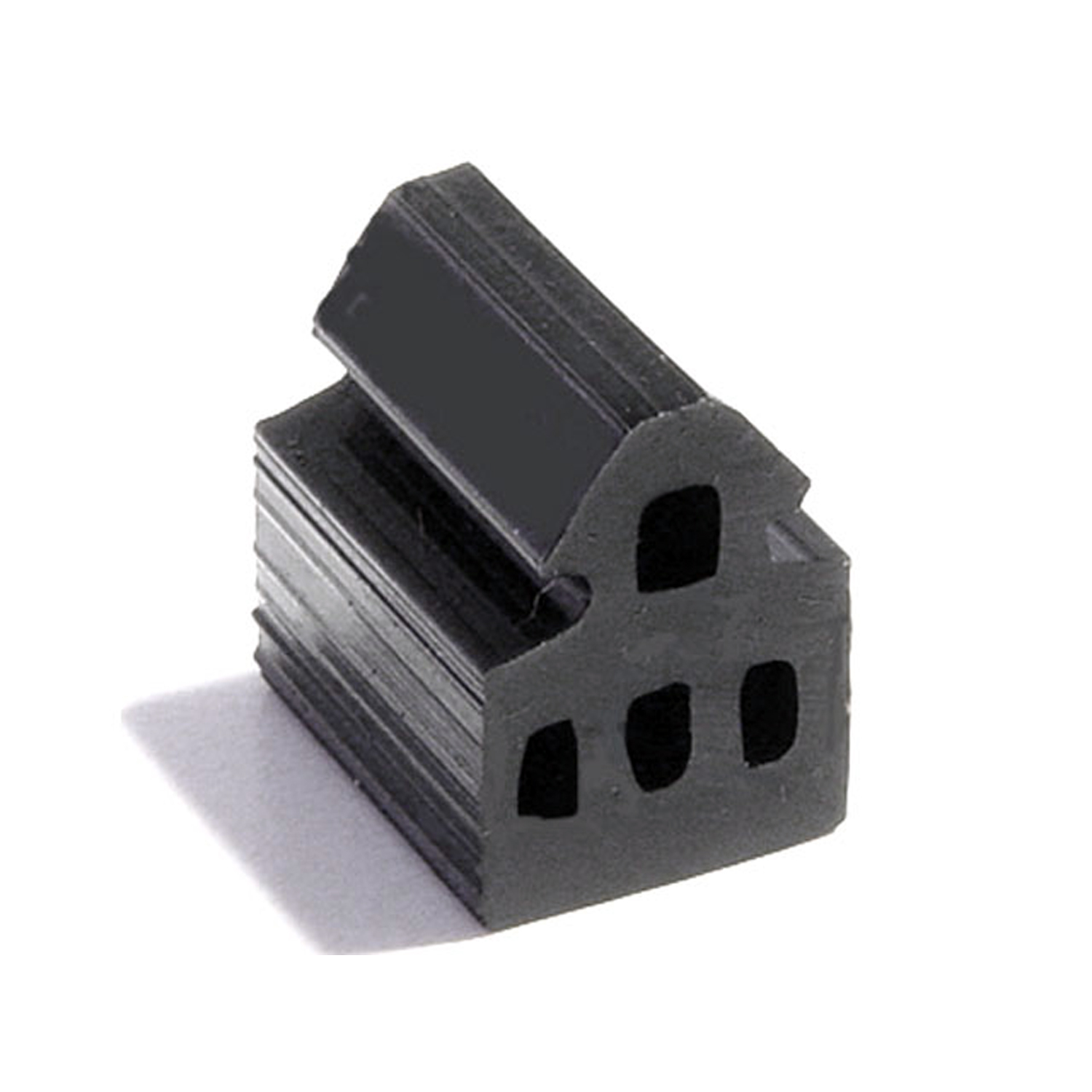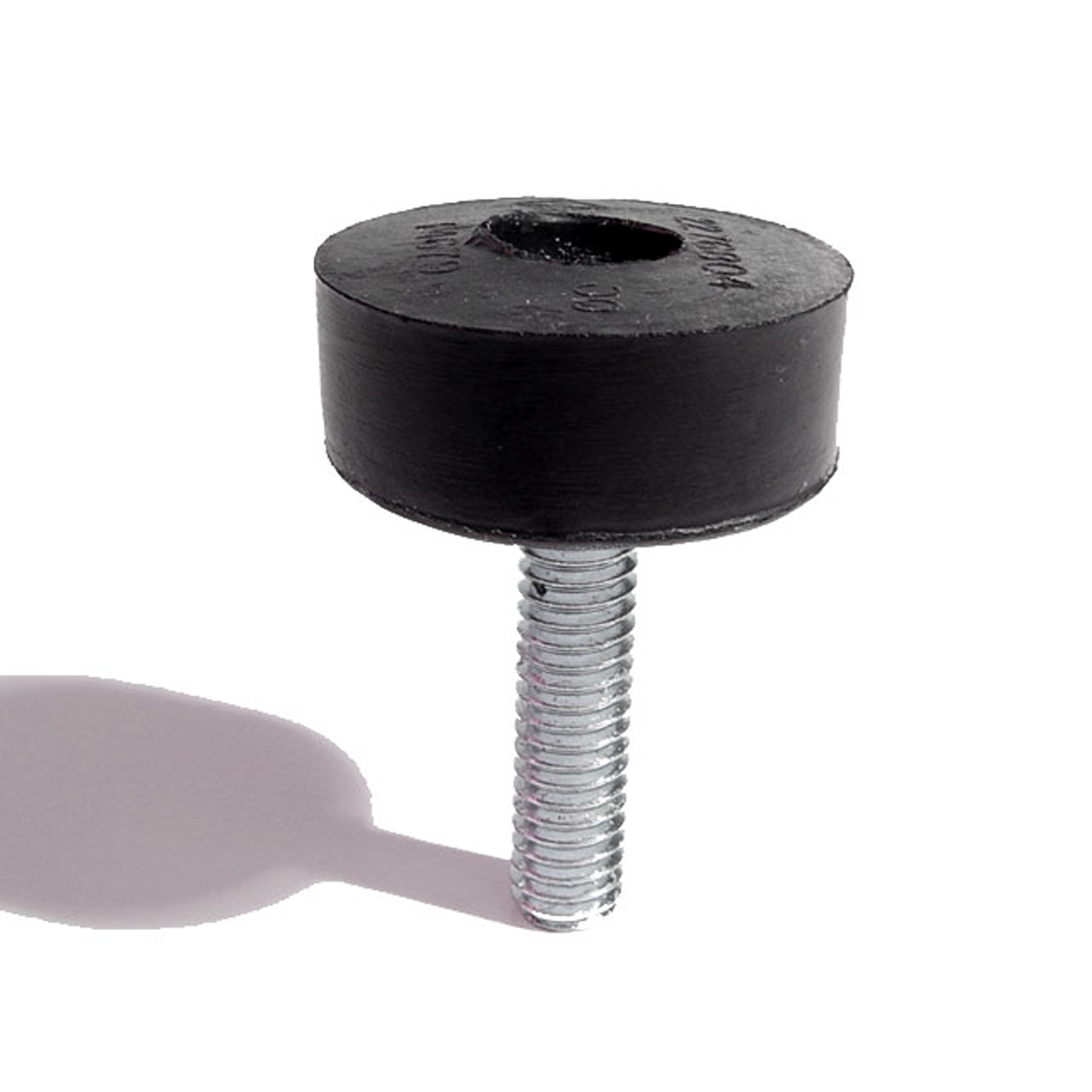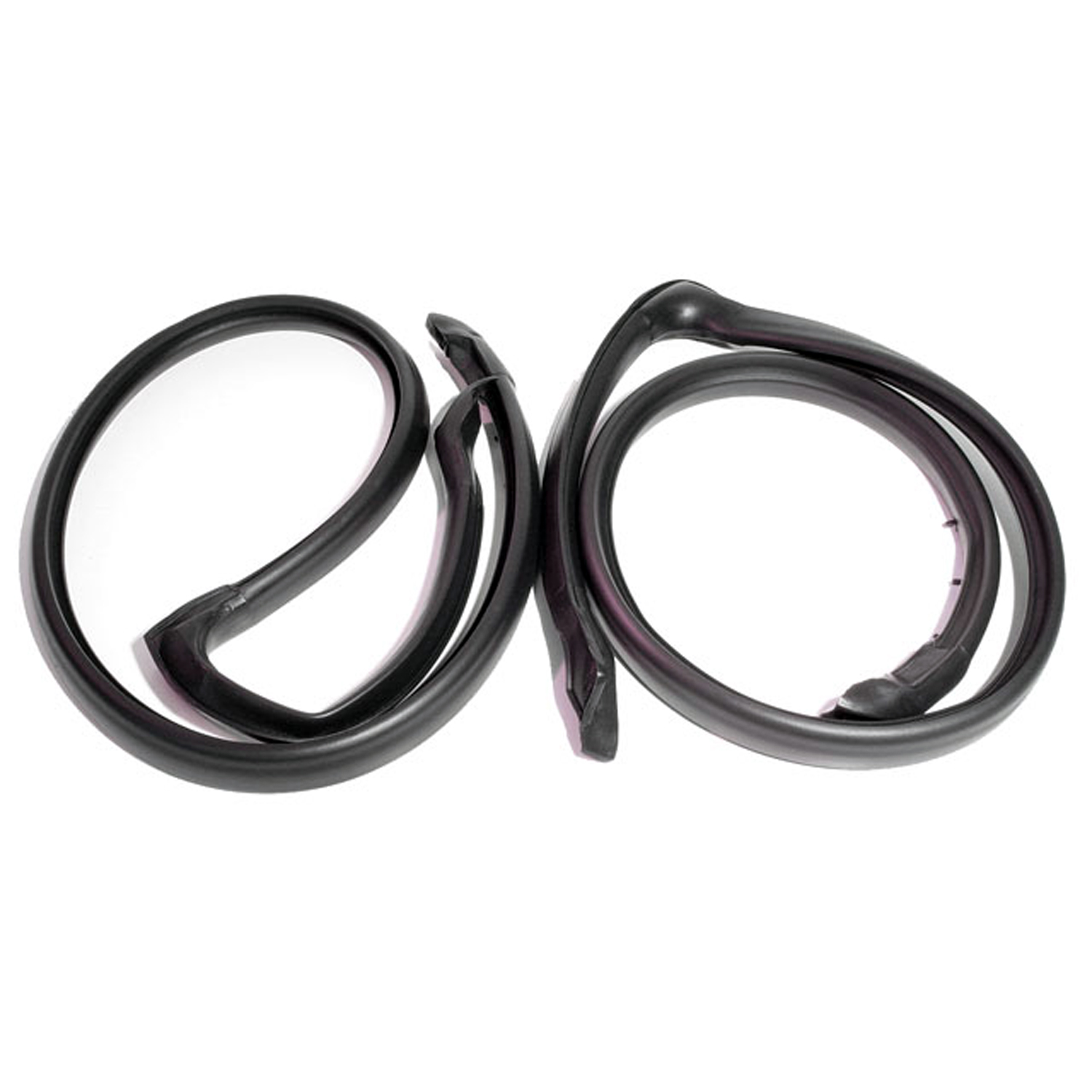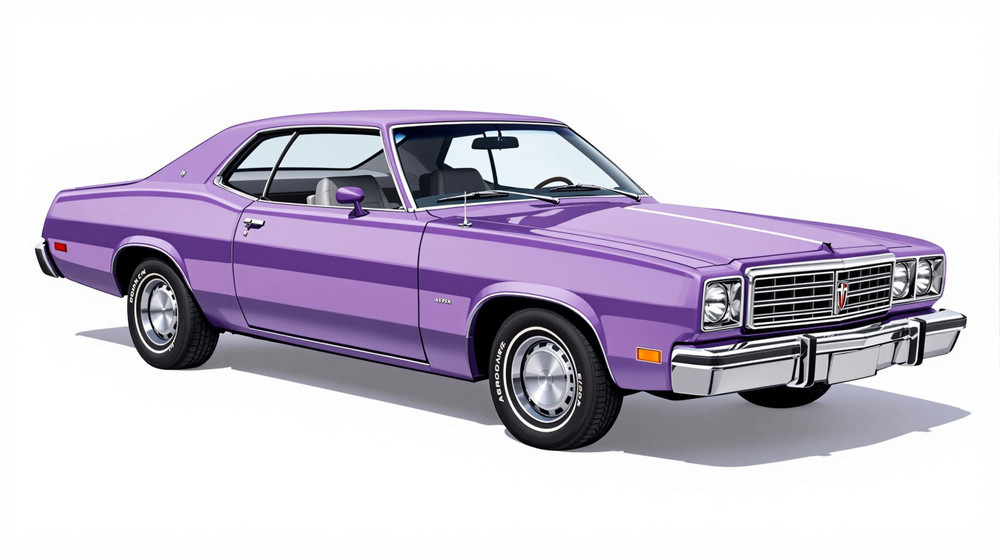Image of 1977 Dodge Aspen, Note: These illustrations use artistic license and may differ from actual historical models.
Performance Metrics
Fundamental Metrics
Emotional Appeal
MMP Rating
| Engine Specifications | |
|---|---|
| Engine: | 225 cu in (3.7 L) Slant-6, 318 cu in (5.2 L) V8, 360 cu in (5.9 L) V8 |
| Displacement: | 3.7L - 5.9L |
| Horsepower: | 95-170 hp (approximate) |
| Torque: | 145-280 lb-ft (approximate) |
| Compression Ratio: | 8.4:1 (approximate) |
| Ignition System: | Electronic Ignition |
| Cooling System: | Liquid cooled |
| Performance Specifications | |
| 0-60 Time: | 10-12 seconds (approximate) |
| 1/4 Mile Time: | 17-19 seconds (approximate) |
| Top Speed: | 105-110 mph (approximate) |
| Transmission and Drive | |
| Drive Type: | Rear-wheel drive |
| Transmission Type: | 3-speed automatic, 4-speed manual |
| Fuel and Efficiency | |
| Fuel System Type: | Carburetor |
| MPG: | 15-20 mpg (approximate) |
| Dimensions and Brakes | |
| Brakes: | Front disc, rear drum |
| Wheelbase: | 108.7 in |
| Weight: | 3,200-3,600 lbs (approximate) |
Note: Specifications for classic cars are given to the best of our ability, considering the limited and variant data available.
1977 Dodge Aspen: A Forgotten Gem of the Late '70s
The 1977 Dodge Aspen may not be the first classic car that comes to mind, but it certainly deserves a spot in the annals of automotive history. Born in an era of transition for the American auto industry, the Aspen was Chrysler Corporation's answer to changing consumer demands during a time when fuel efficiency began to take precedence over sheer power. This mid-sized sedan, which replaced the venerable Dodge Dart, was a product of its time, offering a blend of practicality and modest performance. A notable moment in its history was when it earned the title "Car of the Year" by Motor Trend magazine in 1976, setting high expectations for its market performance.
Design and Innovation
The exterior styling of the 1977 Dodge Aspen was characterized by its straightforward lines and an unassuming profile that echoed the design ethos of the late '70s. The interior featured a functional layout with an emphasis on comfort and space efficiency. Materials used ranged from basic vinyl to plush velour, depending on trim levels. For its era, the Aspen included some noteworthy technological features such as an optional electronic ignition system and improved corrosion protection. Color options for the Aspen were reflective of the period's palette, with earth tones being particularly popular among buyers. The vehicle was available in various body styles including a two-door coupe, four-door sedan, and a station wagon. The most iconic and sought-after model was arguably the "R/T" package for coupes, which offered sportier aesthetics and performance enhancements.
Historical Significance
The Dodge Aspen's impact on automotive design may not have been revolutionary, but it did represent a shift towards more fuel-efficient family vehicles. Its introduction coincided with stricter emissions regulations and a fuel crisis that reshaped consumer preferences. The Aspen stood out from its contemporaries with its balance of economy and everyday usability, paving the way for future generations of family-oriented cars.
Performance and Handling
Performance-wise, the 1977 Dodge Aspen came with a range of engine options from a modest slant-six to a more powerful V8. While top speed and acceleration figures were modest by today's standards (with 0-60 mph times hovering around the 10-second mark for V8 models), they were competitive for their time. Handling was typical for mid-sized American sedans of the era; it was comfortable over bumps but not particularly sporty on windy roads. Driving an Aspen provided an experience that prioritized comfort over thrills, with engine sounds that were more subdued than aggressive.
Ownership Experience
Aspens were commonly used as daily drivers due to their practicality and relatively low cost of ownership. Maintenance and reliability were typical for American cars of that period; simple mechanical designs made them relatively easy to repair for the average owner. However, like many vehicles from this era, they were prone to rust issues over time.
Fun Facts
Despite not being as famous as other muscle cars or luxury models from the '70s, the Dodge Aspen has its share of trivia. For instance, it served as a police car in various North American jurisdictions during its production run. While not known for breaking speed records or dominating sales charts, it did carve out a niche among family sedans. Criticisms often centered around build quality issues that plagued many Chrysler products during this period.
Collector's Information
Today, finding a 1977 Dodge Aspen in pristine condition can be challenging; production numbers were substantial but not many have survived in collectible shape. Estimates suggest that several hundred thousand Aspens were produced during its run from 1976 to 1980. In terms of value range, well-maintained examples can fetch anywhere from $5,000 to $15,000 depending on condition and rarity—particularly those equipped with R/T packages or larger V8 engines. Price trends suggest that while Aspens aren't skyrocketing in value like some classic cars from the '60s or early '70s, they have begun to appreciate modestly as interest in malaise-era vehicles grows among collectors.
Conclusion
The 1977 Dodge Aspen may not have been a superstar in its day but has since garnered appreciation from classic car enthusiasts who value its simplicity and representation of an era. It stands as a testament to American automakers' adaptability during times of change and remains a nostalgic piece for those who remember it fondly. Whether you're looking at it as an affordable entry into classic car ownership or simply reminiscing about days gone by, the Aspen holds its own unique place in automotive history.
1977 Dodge Aspen Catalog of Parts
 1977 Dodge Aspen Door Bumper. 5/8" wide, made from extrusion. Each-DB 52Door Bumper. 5/8" wide, made from extrusion. Each
1977 Dodge Aspen Door Bumper. 5/8" wide, made from extrusion. Each-DB 52Door Bumper. 5/8" wide, made from extrusion. Each 1977 Dodge Aspen Hood Adjustment Bolt and Bumper-HA 8Hood Adjustment Bolt and Bumper. 1-3/16" diameter rubber head. 5/16" thick X 18 threads/inch X 1-1/4" long bolt. Each
1977 Dodge Aspen Hood Adjustment Bolt and Bumper-HA 8Hood Adjustment Bolt and Bumper. 1-3/16" diameter rubber head. 5/16" thick X 18 threads/inch X 1-1/4" long bolt. Each 1977 Dodge Aspen Molded Roof Rail Seals for 2-Door Hardtop. Pair R&L-RR 4020Molded Roof Rail Seals for 76-80 Mopar 'F' Body 2-Door Hardtop. Also Fits 77-81 Mopar 'M' Body 2-Door Hardtop. Pair, R&L.
1977 Dodge Aspen Molded Roof Rail Seals for 2-Door Hardtop. Pair R&L-RR 4020Molded Roof Rail Seals for 76-80 Mopar 'F' Body 2-Door Hardtop. Also Fits 77-81 Mopar 'M' Body 2-Door Hardtop. Pair, R&L.Why Choose Metro?
For over 100 years, Metro Moulded Parts has been the pinnacle of quality in classic car restoration parts. Our commitment to precision and authenticity in every component ensures a perfect fit and an OEM-level appearance.
- Expert Craftsmanship & Quality: Each part is a testament to our dedication to reliability and perfection, crafted from original designs and thoroughly tested.
- Advanced Technology: We use cutting-edge techniques to create flawless, long-lasting parts that surpass others in performance.
- SuperSoft Sponge – The Ultimate Door Seal: Not only are our door seals 30% softer than competitors', but they're also guaranteed to never leak. They effectively reduce wind and road noise, enhancing your classic car's comfort and driving experience.
- Proudly American: Our parts are a product of American craftsmanship, made in the USA with a spirit of excellence and heritage.
- Unrivaled Warranty: We back our products with a 30-year industry-leading warranty, a testament to our confidence in their quality.
Join us in preserving the legacy of classic cars with parts that are crafted for perfection, not just made.

